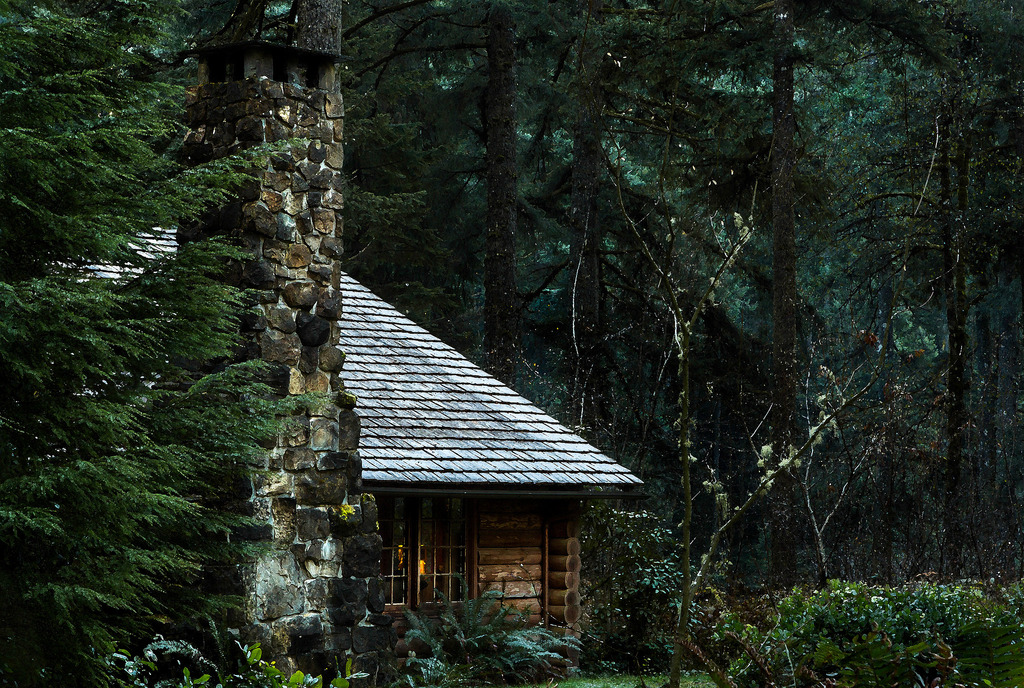Views expressed in opinion columns are the author’s own.
Throughout history, Americans have trended away from rural living and toward urban life, with a few blips along the way. What started out as a nation of planters and farmers deeply connected to the land has become a country of white-collar workers trapped in tall, sprawling metropolises. While only 6 percent of Americans lived in urban areas in 1800, by 1900 that figure leaped to 40 percent, and by 2010, 80.7 percent of all Americans resided in urban areas. This trend is seen not only in America, but also elsewhere in the world. Eventually, however, there must come a breaking point, as Americans grow disenchanted by increasingly superficial city lives and yearn to parallel their forebearers by retreating to the countryside to relocate a lost sense of purpose.
While Americans began their journey in Jamestown, a small rural community that thrived on the back of its tobacco production, such movements as the Market Revolution and the Industrial Revolution pushed Americans farther from their pastoral roots toward the cities they occupy today. With this movement from the barn to the skyscraper came different values and ideals, a changing American dream. While people such as Thomas Jefferson dreamed of the yeoman farmer becoming a mainstay in a classic and modest America, eventually such businessmen as Henry Ford brought more and more people to the cities, where they were needed to play a role in his massive assembly line factories.
With these colossal influxes of urbanization came some dissenting voices that were unsatisfied with the prevalent “keeping up with the Joneses” mentality, wherein no amount of material possessions were ever enough. The transcendentalists, led by Ralph Waldo Emerson and Henry David Thoreau, preached simple living and a connection with nature to find meaning. They fervently believed in their ideas as they created a utopian community at Brook Farm, with Thoreau further pursuing this shunning of traditional values by moving to a solitary cabin on Walden Pond and residing there from 1845 to 1847.
While these naysayers rejected the prevailing American ideals of their time, the American move to the city kept churning along. The world wars provided increasing need for factory workers to produce weaponry, and people continued to gravitate to cities. Shortly thereafter, young Americans felt beaten down by society’s expectations and the literary movement, Beat Generation was born. Led by Jack Kerouac, who espoused ideals that mirrored those of the transcendentalists, beatniks — followed by the hippies — yearned to escape societal norms and create a newer, freer America. Eastern religions came to the West, as depicted in Kerouac’s The Dharma Bums, and meditation and bucolic living were once more glorified. As Kerouac said, “No man should go through life without once experiencing healthy, even bored solitude in the wilderness, finding himself depending solely on himself and thereby learning his true and hidden strength.” Despite the hippie movement, however, cities continue to rise and haven’t looked back.
The Chinese people in recent years have similarly flocked to cities in what is regarded as the greatest domestic migration in history. Almost 160 million Chinese have moved from rural areas to cities in the last 30 years, and another 325 million are projected to join them within the next generation. These moves have been and will continue to be made for economic reasons, as factory workers’ revenues have surpassed profits for farmers growing rice. Worldwide, people are looking for more comfortable and economically flourishing lives.
It might seem exceedingly anti-American to preach that we should stray from amassing wealth. The question is: When is this pursuit just too much? We are nearing an apex and are due for another turn.
More than ever, technology is at hand to allow people to remain connected with friends and family from afar, with the advent of solar power and wind power. It is now plausible to build a cabin in the woods that gets good Wi-Fi and phone reception. Small movements are springing up that revere and emphasize nature, with renewable energies, urban and communal gardens and organic and locally grown food. The desire for simple and more natural living is there for many people, and a philosophical shift might very well be reemerging.
Will it be tenable for nearly our entire population to reside in the cities? It’s a daunting proposition and we should evaluate whether we want a life full of nice belongings or a more modest one. If we decide that simple living is correct, our answer could align with our forebearers’ path: a life more connected with nature. As Kerouac said, “In the end you won’t remember the time you spent working in the office or mowing your lawn. Climb that goddamn mountain.”
Joseph Kuttler is a freshman English major. He can be reached at Jkuttler@umd.edu.



